The 2025 Gift Guide
Over 500 box sets, books, and LPs are on sale now at ArkivMusic!
Discover the perfect gift for the classical music aficionado in your life with The 2025 Gift Guide, including the latest box sets from renowned labels such as Pentatone and Brilliant Classics, vinyl releases featuring artists such as acclaimed violinist Chloe Chua and pianist Jeroen van Veen, children's books like My First Classical Music Book, sheet music, and more!
Start shopping The 2025 Gift Guide now — and don't forget to check out The 2025 Holiday Collection and the 2025 Best Sellers sale!
Sale ends 9:00am ET, Monday, January 5th, 2026.
532 products
-
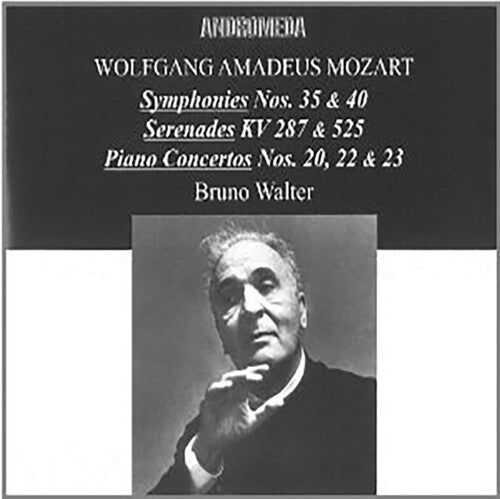 {# optional: put hover video/second image here positioned absolute; inset:0 #}
On SaleAndromeda
{# optional: put hover video/second image here positioned absolute; inset:0 #}
On SaleAndromedaSINFONIEN 35 & 40 PIANO CONCE
2007 3 X CD 24 bit/ 96 khz remastered collection. Bruno Walter 1939-1954 recordings. Mozart Symphonies Nos. 35 & 40, Serenades KV...
-
 {# optional: put hover video/second image here positioned absolute; inset:0 #}
On Sale
{# optional: put hover video/second image here positioned absolute; inset:0 #}
On Sale -
 {# optional: put hover video/second image here positioned absolute; inset:0 #}
On SaleBrilliant Classics
{# optional: put hover video/second image here positioned absolute; inset:0 #}
On SaleBrilliant ClassicsRudolf Barshai Edition
This comprehensive collection showcases one of the most fascinating and renowned conductors of the Soviet Era. A founding member of the Borodin...
-
 {# optional: put hover video/second image here positioned absolute; inset:0 #}
On SaleIdil Biret Archive
{# optional: put hover video/second image here positioned absolute; inset:0 #}
On SaleIdil Biret ArchiveIdil Biret Beethoven Edition: 32 Piano Sonatas
Love of Beethoven' works threads through Biret' life like a red ribbon. Her studio recordings and live concerts show this in an...
-
 {# optional: put hover video/second image here positioned absolute; inset:0 #}
On SaleBrilliant Classics
{# optional: put hover video/second image here positioned absolute; inset:0 #}
On SaleBrilliant ClassicsMessiaen Edition, Vol. 1
Marking the centenary of his birth, this 17-CD box celebrates the long life and passionate, exotic music of this treasured French composer...
-
 {# optional: put hover video/second image here positioned absolute; inset:0 #}
On SaleOpus Arte
{# optional: put hover video/second image here positioned absolute; inset:0 #}
On SaleOpus ArteGlyndebourne - Comedy & Tragedy
Giacomo Puccini GIANNI SCHICCHI Gianni Schicchi – Alessandro Corbelli Rinuccio – Massimo Giordano Lauretta – Sally Matthews Zita – Felicity Palmer La...
-
 {# optional: put hover video/second image here positioned absolute; inset:0 #}
On SaleOehms Classics
{# optional: put hover video/second image here positioned absolute; inset:0 #}
On SaleOehms ClassicsWagner: Siegfried / Young, Hamburg Philharmonic
Of all Hamburg Ring Cycle premieres, the third waystation, Siegfried, has received the most applause until now. Audience members were exuberant not...
-
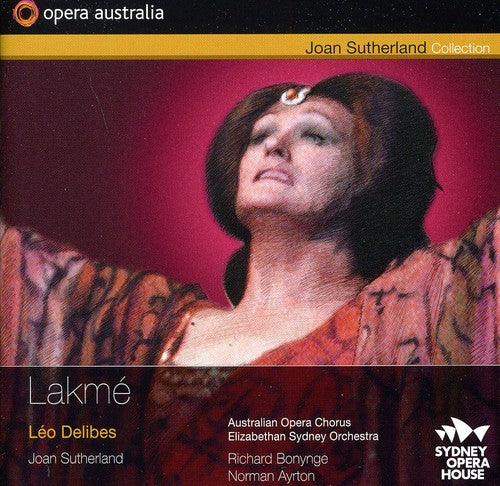 {# optional: put hover video/second image here positioned absolute; inset:0 #}
On SaleOpera Australia
{# optional: put hover video/second image here positioned absolute; inset:0 #}
On SaleOpera AustraliaDelibes: Lakme / Bonynge, Sutherland, Tourangeau, Raisbeck, Pringle
DELIBES Lakmé • Richard Bonynge, cond; Joan Sutherland ( Lakmé ); Isobel Buchanan ( Ellen ); Jennifer Berminghan ( Rose ); Huguette...
-
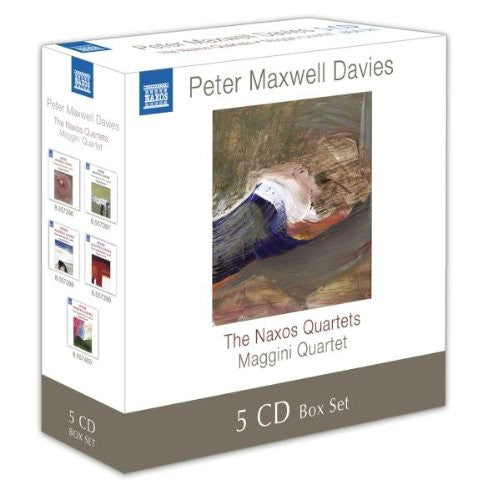 {# optional: put hover video/second image here positioned absolute; inset:0 #}
On SaleNaxos
{# optional: put hover video/second image here positioned absolute; inset:0 #}
On SaleNaxosMaxwell Davies: Naxos Quartets Nos. 1-10 (5 CD Box Set)
Peter Maxwell Davies is universally acknowledged as one of the foremost composers of our time, and is currently Master of the Queen'...
-
 {# optional: put hover video/second image here positioned absolute; inset:0 #}
On SaleOpera Australia
{# optional: put hover video/second image here positioned absolute; inset:0 #}
On SaleOpera AustraliaMeyerbeer: Les Huguenots / Bonynge, Sutherland, Grant, Austin, Wegner, Pringle
An exciting souvenir of an historic occasion. The late nineteenth century opera-goer would expect as a matter of course that Les Huguenots...
-
 {# optional: put hover video/second image here positioned absolute; inset:0 #}
On Sale
{# optional: put hover video/second image here positioned absolute; inset:0 #}
On Sale -
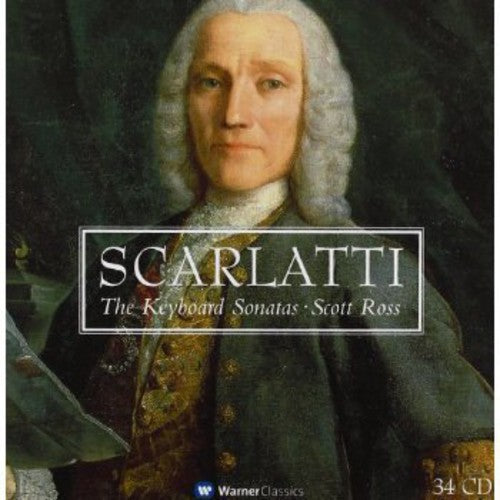 {# optional: put hover video/second image here positioned absolute; inset:0 #}
On SaleErato
{# optional: put hover video/second image here positioned absolute; inset:0 #}
On SaleEratoCOMPLETE KEYBOARD WORKS
In what was one of the great modern feats of classical recording, American-born organist and harpsichordist Scott Ross recorded all 555 of...
-
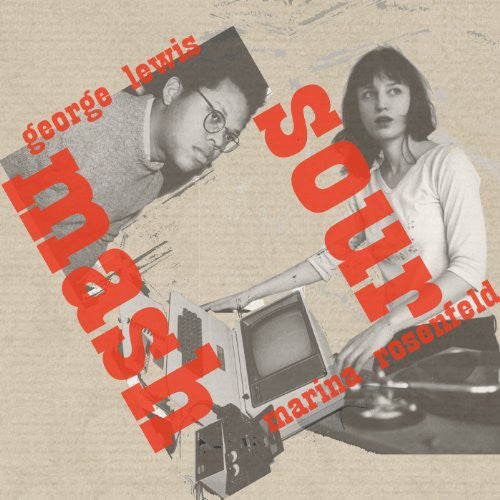 {# optional: put hover video/second image here positioned absolute; inset:0 #}
On Sale
{# optional: put hover video/second image here positioned absolute; inset:0 #}
On Sale -
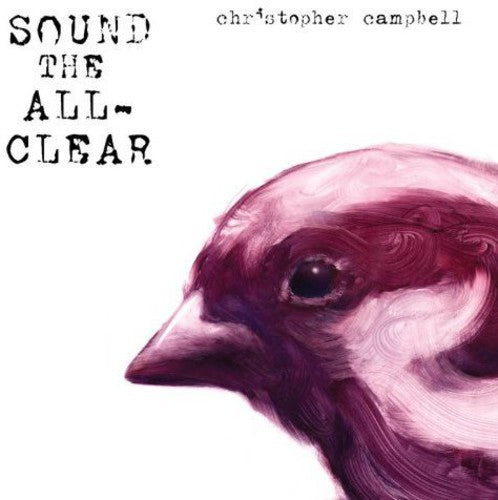 {# optional: put hover video/second image here positioned absolute; inset:0 #}
On Sale
{# optional: put hover video/second image here positioned absolute; inset:0 #}
On Sale -
 {# optional: put hover video/second image here positioned absolute; inset:0 #}
On Sale
{# optional: put hover video/second image here positioned absolute; inset:0 #}
On Sale


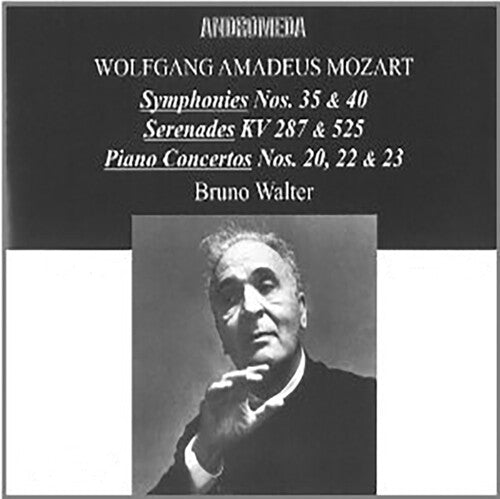

 {# optional: put hover video/second image here positioned absolute; inset:0 #}
{# optional: put hover video/second image here positioned absolute; inset:0 #}


 {# optional: put hover video/second image here positioned absolute; inset:0 #}
{# optional: put hover video/second image here positioned absolute; inset:0 #}


 {# optional: put hover video/second image here positioned absolute; inset:0 #}
{# optional: put hover video/second image here positioned absolute; inset:0 #}
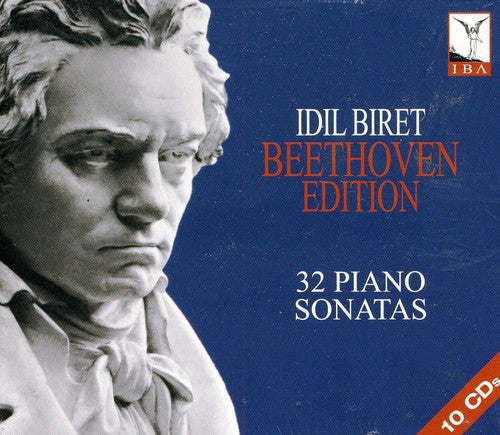
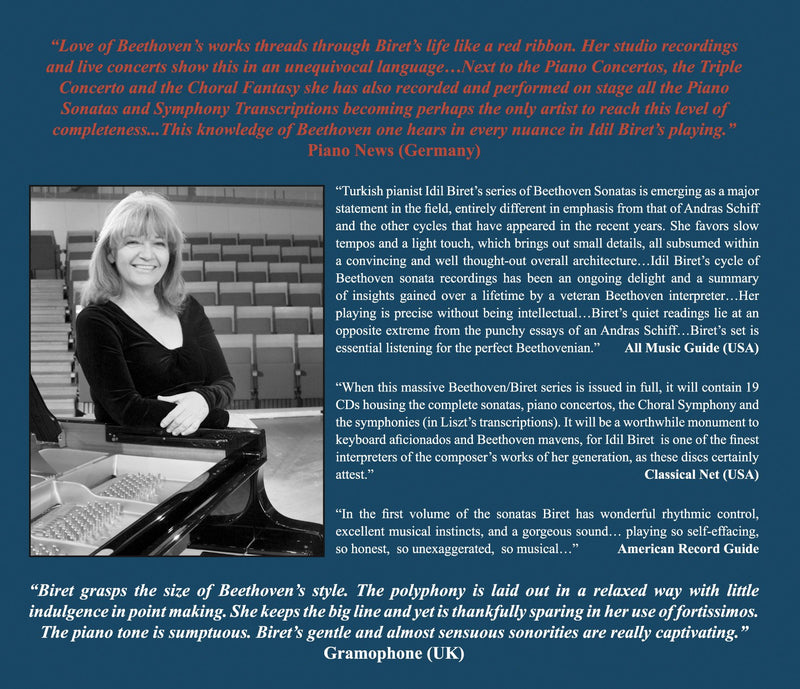
 {# optional: put hover video/second image here positioned absolute; inset:0 #}
{# optional: put hover video/second image here positioned absolute; inset:0 #}


 {# optional: put hover video/second image here positioned absolute; inset:0 #}
{# optional: put hover video/second image here positioned absolute; inset:0 #}


 {# optional: put hover video/second image here positioned absolute; inset:0 #}
{# optional: put hover video/second image here positioned absolute; inset:0 #}


 {# optional: put hover video/second image here positioned absolute; inset:0 #}
{# optional: put hover video/second image here positioned absolute; inset:0 #}
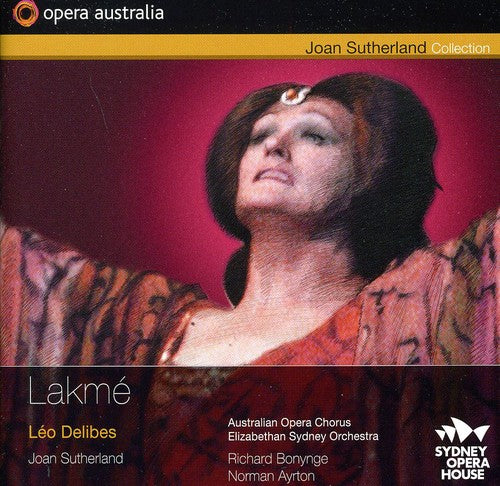

 {# optional: put hover video/second image here positioned absolute; inset:0 #}
{# optional: put hover video/second image here positioned absolute; inset:0 #}
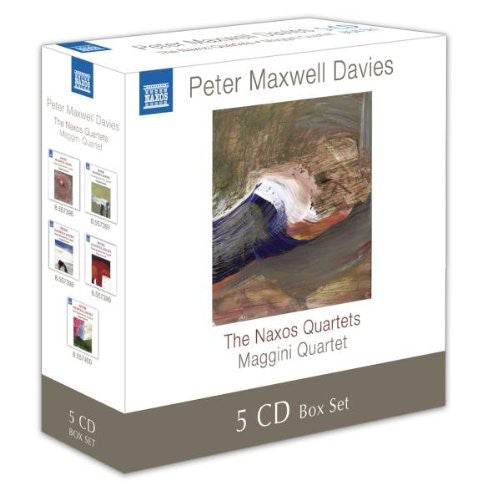

 {# optional: put hover video/second image here positioned absolute; inset:0 #}
{# optional: put hover video/second image here positioned absolute; inset:0 #}
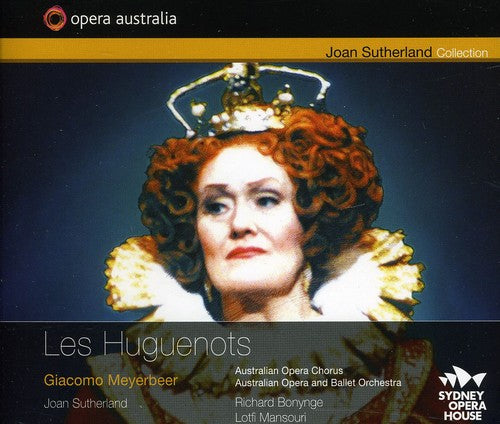

 {# optional: put hover video/second image here positioned absolute; inset:0 #}
{# optional: put hover video/second image here positioned absolute; inset:0 #}

 {# optional: put hover video/second image here positioned absolute; inset:0 #}
{# optional: put hover video/second image here positioned absolute; inset:0 #}
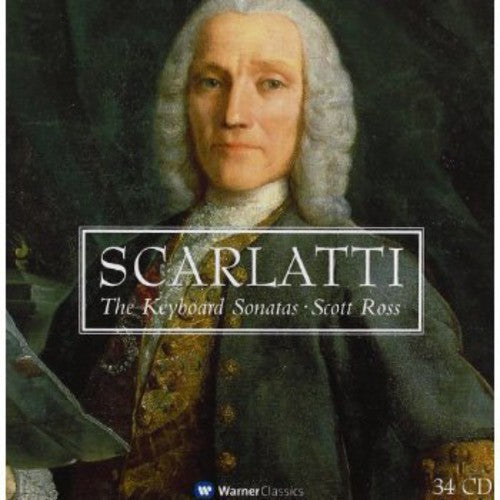
 {# optional: put hover video/second image here positioned absolute; inset:0 #}
{# optional: put hover video/second image here positioned absolute; inset:0 #}
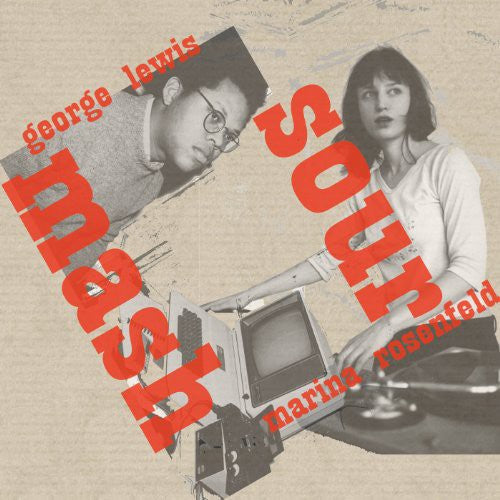
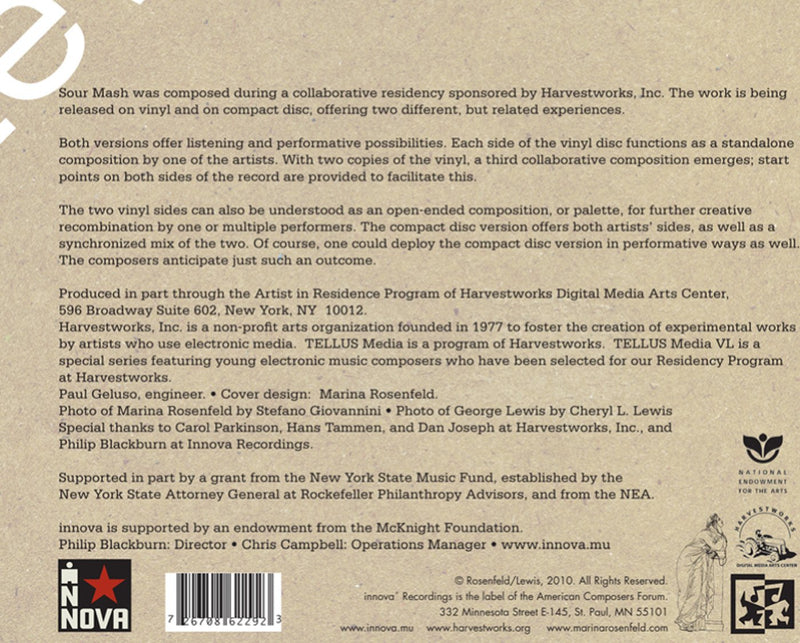
 {# optional: put hover video/second image here positioned absolute; inset:0 #}
{# optional: put hover video/second image here positioned absolute; inset:0 #}
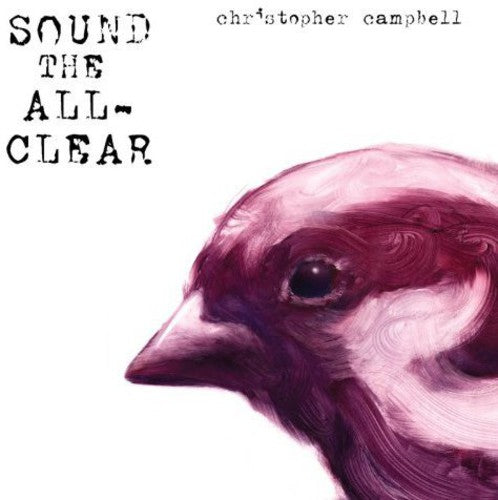
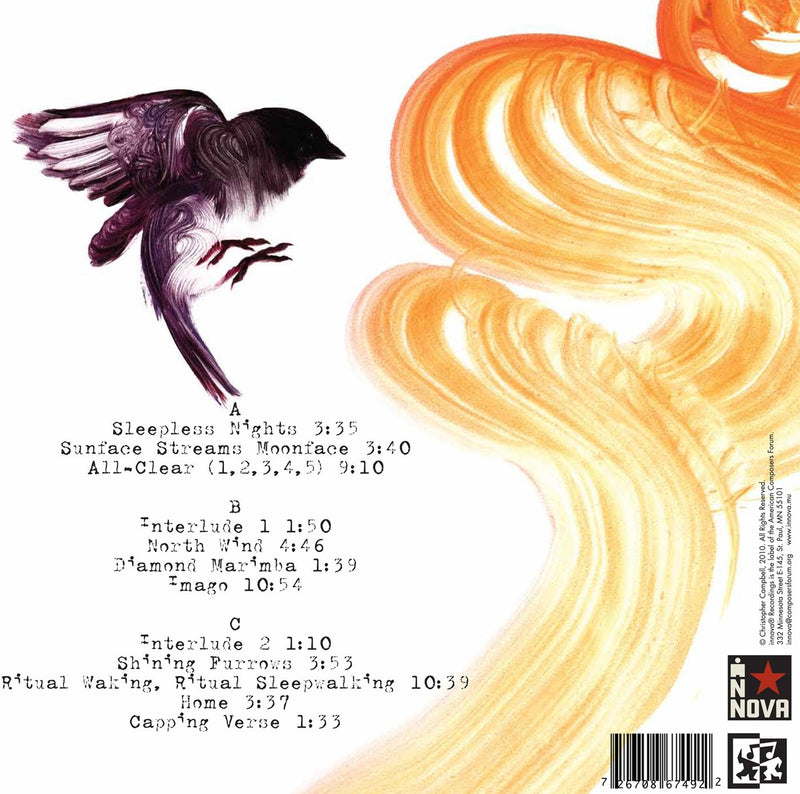
 {# optional: put hover video/second image here positioned absolute; inset:0 #}
{# optional: put hover video/second image here positioned absolute; inset:0 #}


 {# optional: put hover video/second image here positioned absolute; inset:0 #}
{# optional: put hover video/second image here positioned absolute; inset:0 #}